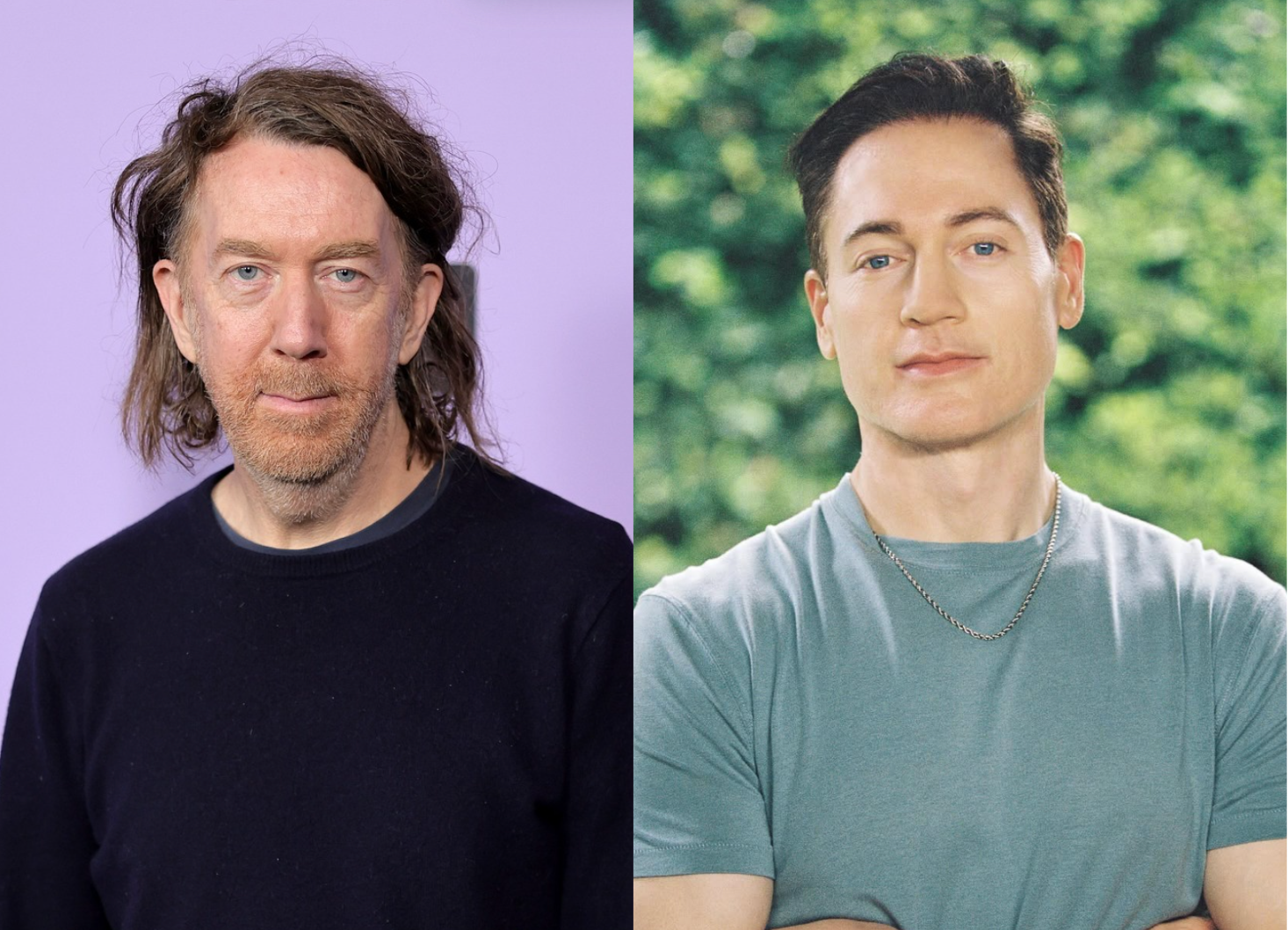Netflix director adopted three habits after a year with biohacking millionaire Bryan Johnson
Chris Smith followed biohacker Bryan Johnson for a year for his documentary, ‘Don’t Die: The Man Who Wants to Live Forever’
Your support helps us to tell the story
From reproductive rights to climate change to Big Tech, The Independent is on the ground when the story is developing. Whether it's investigating the financials of Elon Musk's pro-Trump PAC or producing our latest documentary, 'The A Word', which shines a light on the American women fighting for reproductive rights, we know how important it is to parse out the facts from the messaging.
At such a critical moment in US history, we need reporters on the ground. Your donation allows us to keep sending journalists to speak to both sides of the story.
The Independent is trusted by Americans across the entire political spectrum. And unlike many other quality news outlets, we choose not to lock Americans out of our reporting and analysis with paywalls. We believe quality journalism should be available to everyone, paid for by those who can afford it.
Your support makes all the difference.Netflix filmmaker Chris Smith spent a year with tech entrepreneur and biohacker Bryan Johnson, who has garnered significant attention for his ambitious quest to reverse aging and extend the human lifespan.
Known for his strict 1,950-calorie vegan diet, extensive supplement regimen, and experimental treatments — including a multigenerational blood plasma exchange with his son — Johnson’s methods have sparked both fascination and criticism.
Smith, renowned for documentaries like Tiger King and Fyre, embarked on a year-long journey to document Johnson’s endeavors for his new film, Don’t Die: The Man Who Wants to Live Forever, premiering on Netflix on January 1.
Reflecting on the experience, Smith said that while he didn’t adopt Johnson’s more extreme practices, he did make some lifestyle adjustments.
“A year later, I drink less, go to bed earlier, and wear a ring that tells me how bad my sleep is,” he shared with Fortune.
Johnson’s many techniques have been built up into something that he calls his “Blueprint Protocol,” and the whole system is hugely expensive, costing an estimated $2 million each year.
The list of “routine measurements” that Johnson undergoes according to his website includes things like weight, body fat, muscle mass, body water, BMI, blood glucose, and regular MRI scans and ultrasounds to screen for any issues.

While Johnson’s practices often venture into the extrem, his commitment to evidence-based fundamentals aligns with guidance from public health organizations like the U.S. Centers for Disease Control and Prevention (CDC).
Sleep is a critical component of health and longevity, with research showing that consistent, quality rest is vital for physical recovery, mental clarity, and immune function. The CDC recommends adults get 7 to 9 hours of sleep per night to reduce the risk of chronic health conditions such as heart disease, diabetes, and obesity.
Maintaining a regular sleep schedule and incorporating calming pre-bedtime routines — such as avoiding screens and caffeine — can improve sleep quality and promote overall well-being. Proper sleep also helps regulate inflammation and supports long-term cardiovascular and mental health.
Alcohol consumption, another area Johnson has addressed by reducing his intake, is closely tied to long-term health benefits. The CDC advises men to limit alcohol to two drinks per day and women to one, as excessive alcohol use is linked to an increased risk of liver disease, heart conditions and disrupted sleep cycles. Heavy drinking also contributes to higher rates of certain cancers and mental health challenges. Limiting alcohol intake not only supports better sleep but also mitigates these risks, reflecting a widely endorsed approach to health optimization.
Sleep tracker tools like the Oura ring have also gained traction among individuals looking to improve their health through precise monitoring. The Oura ring provides data on sleep stages, heart rate variability (HRV), body temperature, and overall readiness for daily activities. These features allow users to understand how factors like stress, diet, and exercise affect their recovery and rest. By offering insights into trends over time, the Oura ring empowers users to make informed adjustments to their routines to improve sleep and overall health.

Join our commenting forum
Join thought-provoking conversations, follow other Independent readers and see their replies
Comments